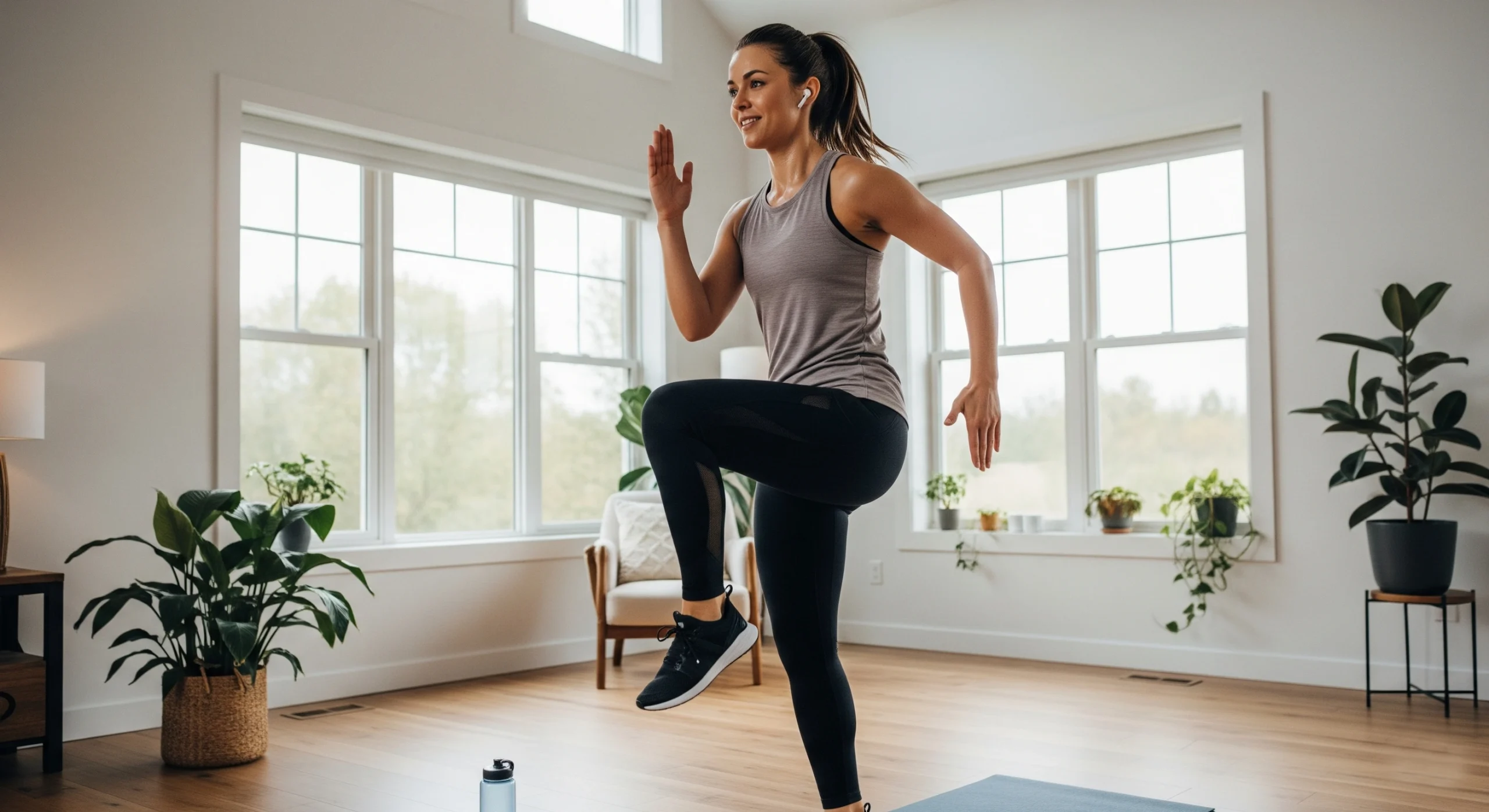
Interestingly, keeping your immune system strong doesn’t always require medication or chemical supplements. There are many simple, natural methods you can do at home. This article explores natural ways to boost your immune system that are effective and easy to apply for everyone.
1. Get Enough Quality Sleep
Sleep is the foundation of good health. During sleep, your body regenerates cells, repairs tissues, and produces essential hormones—including those that support the immune system.

Recommended sleep duration:
- Adults: 7–9 hours per night
- Children: 9–12 hours (depending on age)
Tips for better sleep:
- Avoid screens 1 hour before bed
- Sleep in a dark, cool room
- Establish a bedtime routine (drink warm tea, read a book, etc.)
Research shows that sleep deprivation increases susceptibility to infections.
2. Eat a Balanced, Nutritious Diet
What you eat plays a big role in your immune system. Foods rich in vitamins, minerals, and antioxidants are essential to support your body’s natural defenses.

Key nutrients for immunity:
- Vitamin C – oranges, kiwis, broccoli
- Vitamin D – fish, egg yolks, sunlight
- Zinc – pumpkin seeds, beef, legumes
- Antioxidants – berries, spinach, tomatoes
Expert tip: “Whole foods are the best natural supplements.”
3. Stay Active with Light Exercise
Regular physical activity improves blood circulation, helping immune cells travel more efficiently throughout your body.

Recommended light exercises:
- Brisk walking (30 minutes)
- Casual cycling
- Yoga or stretching
Note: Excessive exercise without rest can suppress the immune system.
4. Manage Stress Effectively
Chronic stress can significantly weaken your immune function. It triggers the release of cortisol, which suppresses immune response.
Simple stress-reducing practices:
- Keep a daily journal
- Meditation or deep breathing
- Listen to calming music
- Gardening or plant care
Don’t hesitate to talk to someone you trust when overwhelmed.
5. Stay Hydrated
Water maintains fluid balance, supports detoxification, and aids metabolism—all vital for immunity.
Water intake recommendations:
- Adults: around 2 liters per day (8 glasses)
- Increase during exercise, fever, or hot weather
Tip: Avoid sugary drinks, soda, and alcohol.
6. Get Morning Sun Exposure
Sunlight helps the body produce vitamin D, crucial for immune function. It also improves mood by increasing serotonin.
Best time for sun exposure:
- 7:00 – 9:00 AM
- 15–30 minutes daily
Avoid direct midday sun to prevent skin damage.
7. Maintain Personal and Environmental Hygiene
Germs can spread easily when hygiene is neglected. Cleanliness is one of the most effective forms of disease prevention.
Simple hygiene habits:
- Wash hands with soap for 20 seconds
- Shower regularly, especially after going out
- Disinfect frequently touched surfaces
- Wear a mask when you’re coughing or ill
Avoid touching your face with unwashed hands.
Bonus: Small Habits That Make a Big Difference
- Smile often – a positive mood boosts immunity
- Surround yourself with positive people
- Avoid staying up late unnecessarily
FAQ – Frequently Asked Questions
Q: Do I still need supplements?
A: Supplements are optional. With a healthy diet and lifestyle, your body can naturally support immunity.
Q: Is it safe to exercise when I feel tired?
A: If you’re tired or unwell, it’s better to rest. Always listen to your body.
Q: Which vitamins are essential for the immune system?
A: Vitamins C, D, and E, as well as zinc, are the most important for immune health.
Conclusion
Boosting your immune system doesn’t have to be complicated. By consistently practicing healthy habits, you can strengthen your immunity naturally—without medication or high costs. Make these small changes part of your lifestyle and invest in your long-term health.
